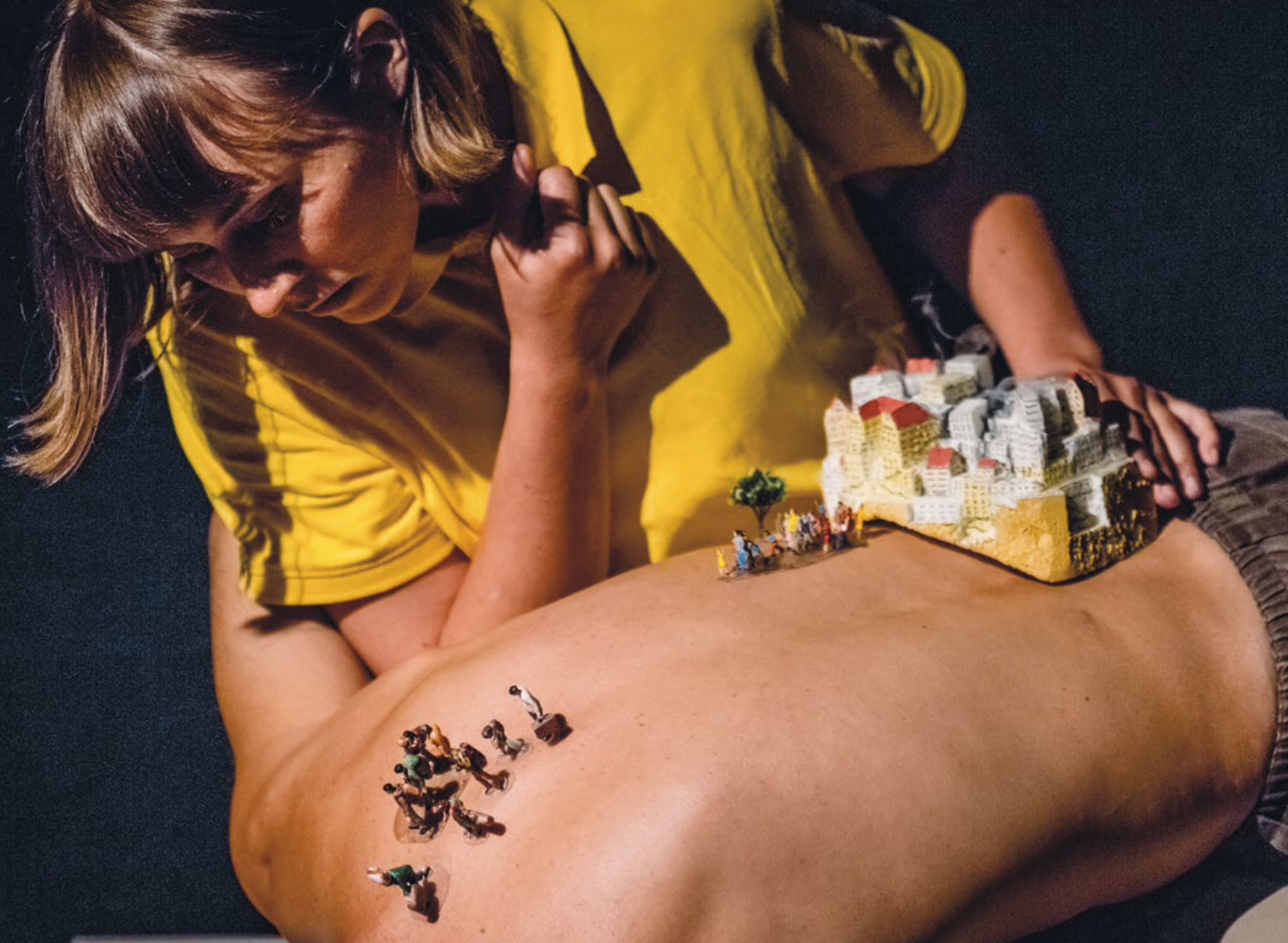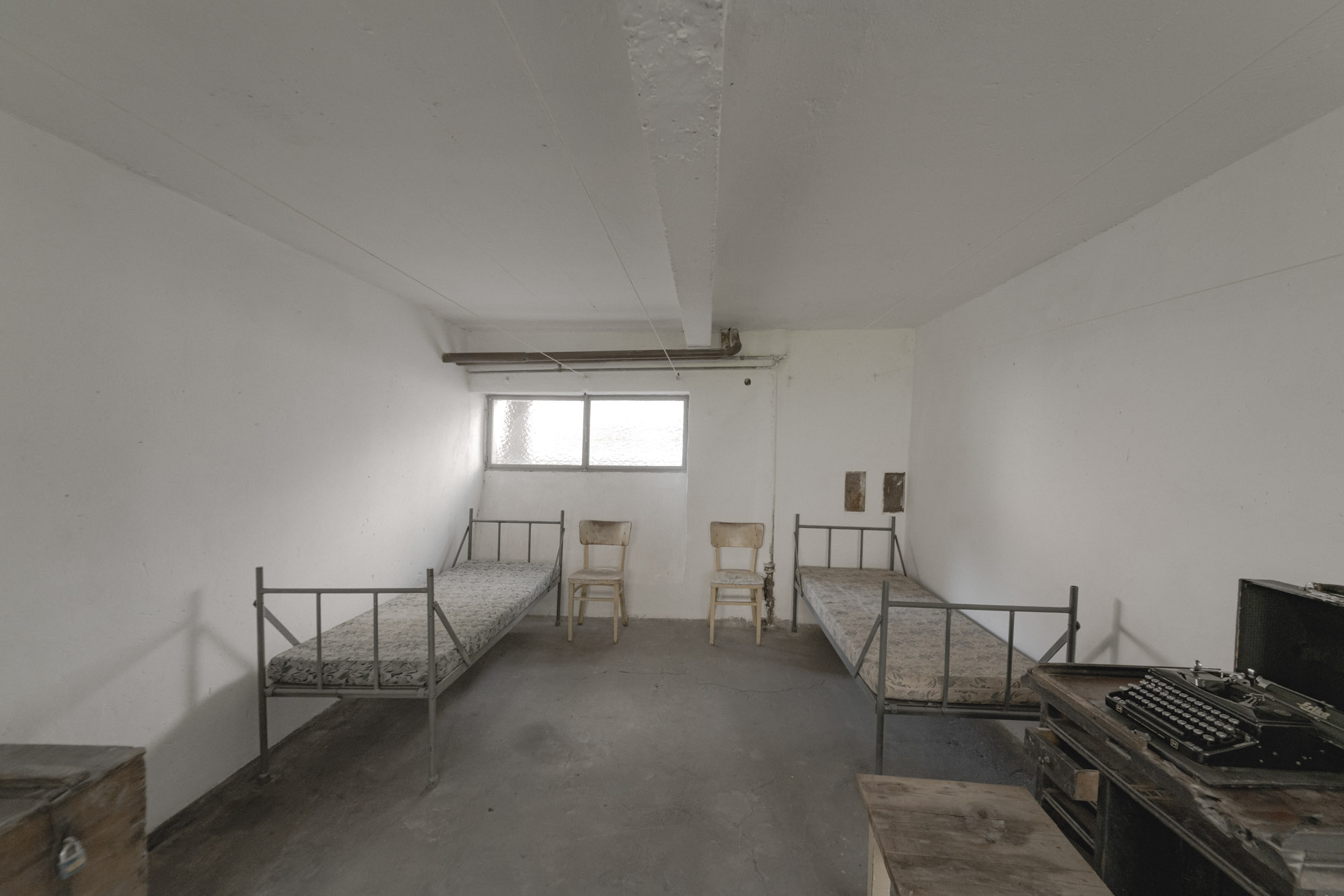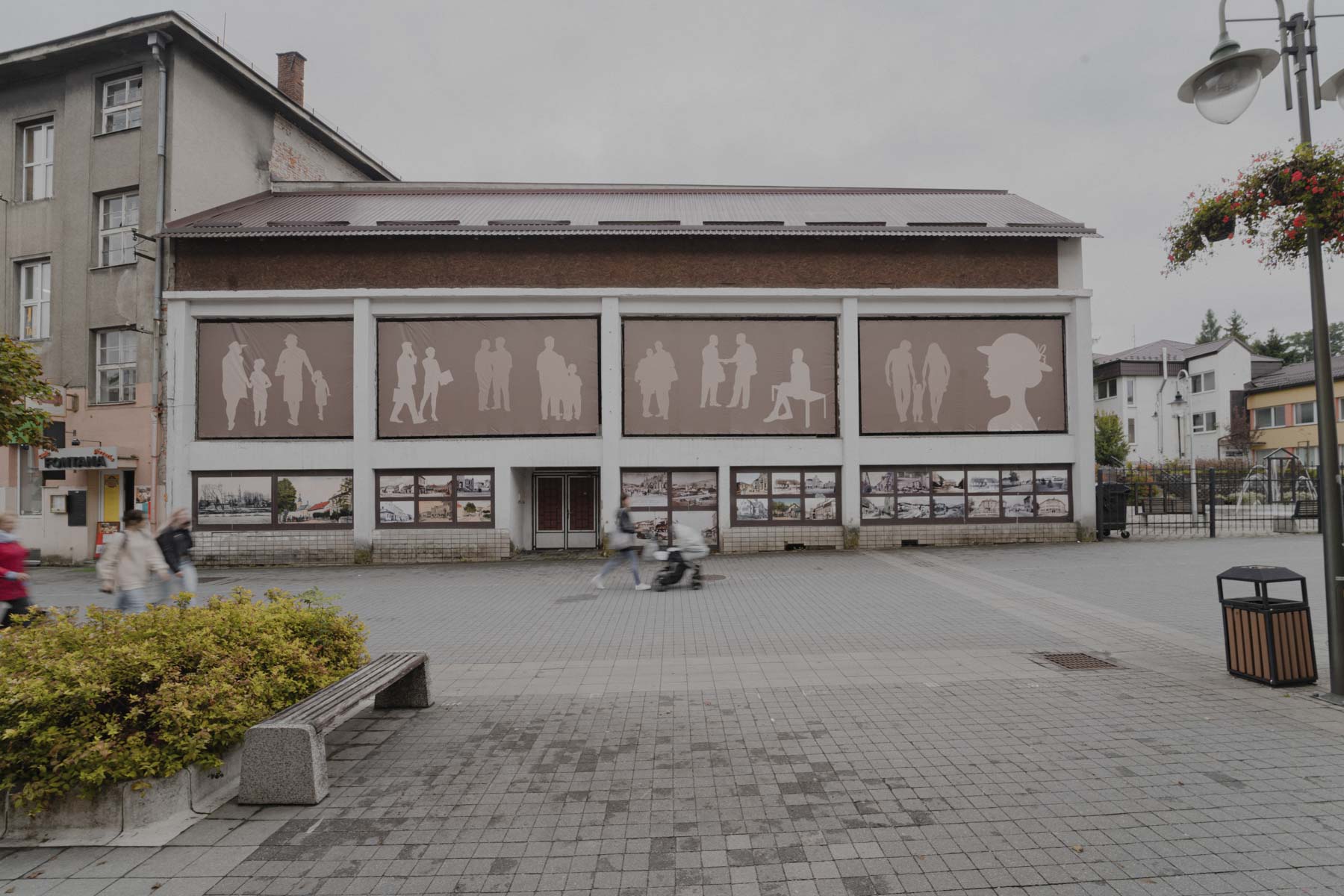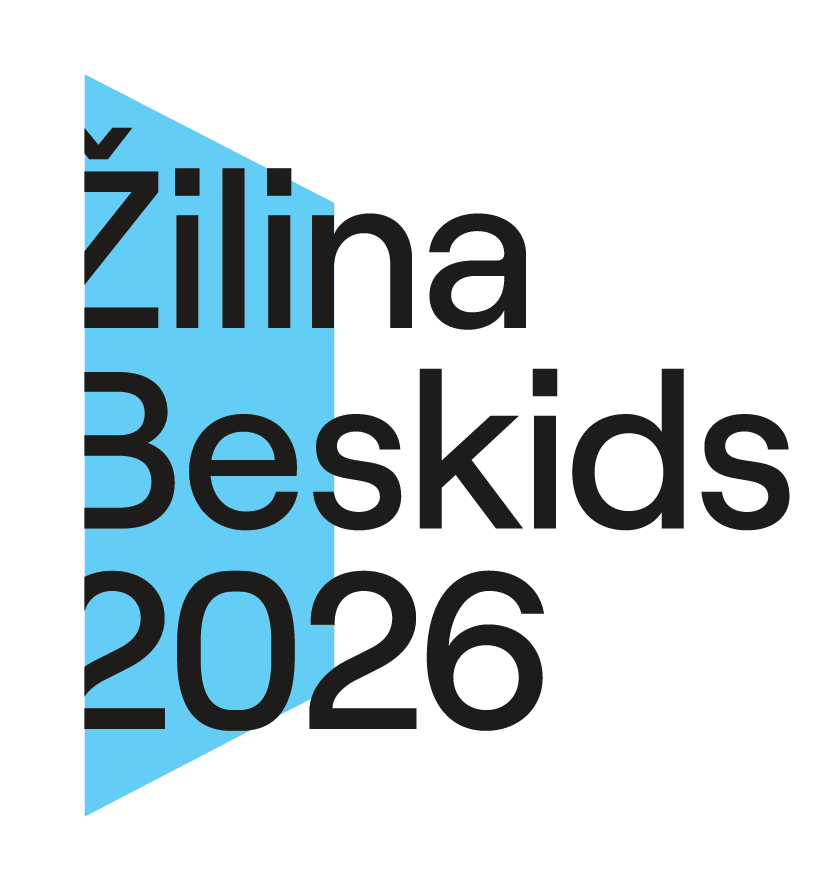Borderless Identity involves us in an ongoing process of reconciliation with our past by abstracting the uneasy parts of our history and revisiting them in their actual contexts. Helps us reflect on our national, Euro-regional, and European identities, reflecting on the past so that we can better understand who we are. ∞ Refutes stereotypes, myths, and stickers that are a common part of our language and explores and raises awareness of the story of Rudolf Vrba and Alfred Wetzler.
Borderless Identity
If culture is one of the forming elements of our identities – whether national, regional or local – the societal role of art is to challenge those identities and to put our history in perspective. We see the ECoC title as an opportunity to better understand that past, to confront the taboos lingering in our collective unconscious, especially those related to the region’s role in WW2 and subsequent nationalisms, and turn them into a force of construction, rather than destruction. Yet, we do not want to get stuck in the past. We see the title, first and foremost, as an opportunity to use art to imagine a different kind of world, through art, challenging established narratives and envisaging new ones. We also want to reflect Žilina’s long-standing identity as a transportation hub, and drive European mobility and intercultural dialogue throughout the ECoC process. We think that such dialogue is the essence of all transportation and mobility, not just their accidental byproduct. Our programme is a celebration of that dialogue. Last but not least, murders of the investigative journalists Daphne Galizia in Malta in 2017 and Ján Kuciak and his fiancée Martina Kušnírová in 2018 in Slovakia shook the European public’s belief in freedom of expression and the fundamental principles of democracy. The events in Malta and Slovakia were not standalone, we see freedom of speech attacked throughout the world. In our programme, we feel an urgency to explore this freedom in any artistic or journalistic expression, and to become a European centre for debate on the freedom to speak and create, whether in art or in the media.
Vrba-Wetzler – In the footsteps of Heros
On 7th April 1944, Good Friday, two Slovak Jews, Auschwitz-Birkenau prisoners Alfred Wetzler and Rudolf Vrba, were reported missing at their barracks. It was the beginning of their heroic escape from the Auchwitz-Birkenau death complex – the 70-km march on foot through the Nazi-occupied Polish Beskids and across the border into the wartime Slovak State, a Nazi ally. Helped on their way by several families and individuals, they finally made it to Žilina, where they hid in the cellar of the Jewish retirement home, along with a number of documents they had taken with them from Auschwitz. These, together with their accounts of the internal workings of and everyday struggle for survival in the extermination camp, formed the famous Vrba-Wetzler Report, or Auschwitz Protocols as it is also known, the world’s first comprehensive and confirmed report of what was going on in Nazi death camps and one of the most important documents of World War II relating to the Holocaust.
Related projects
⬤ Vrba-Wetzler Route ⬤ A Tiny Teardrop ⬤ Vrba-Wetzler Commemoration Room and Exhibitions ⬤ International Literature House Vrba-Wetzler
A Tiny Teardrop
The annual Vrba-Wetzler Memorial (SK) will be followed up, as it has so far, in Žili- na, with ensuing cultural events designed to help reflect on the experience of the journey. Our partners, the cultural centre Nová synagóga (SK), as well as the Polis Foundation (SK), will provide their premises for discussions with interesting speakers, concerts, film projections, and other cultural events for the pilgrims. One of these is the unique concept of A Tiny Teardrop, a musical and literary experience, with original music by Central European Jewish composers silenced by WWII played by the Slovak Sinfonietta and accompa- nied by live readings from the namesake book by Agata Schindler about the com- posers’ life stories. A Tiny Teardrop will also be presented on the occasion of the 80th anniversary of the liberation of the Eben- see concentration camp at the Ebensee Memorial (AT) in 2025, as well as in Bad Ischl 2024 (AT). In total, five concerts are planned in various European cities.
International Literature House Vrba-Wetzler
The Vrba and Wetzler story is also about writing a report that was translated into many languages and changed the perception of WWII and brought about initial awareness of the Holocaust. We will turn the rest of the building which holds the commemoration room into the International Literature House Vrba Wetzler. Literary translation is the basis of intercultural cooperation and promotion of European literature across borders. Translators’s work requires continuous contact and communication with the source language and literature. In the past, Slovak literature did not particularly resonate in the international context outside of the immediate Visegrad region, due to the relatively short history of the country and its language. The House represents a chance to increase the quality level of translation, strengthen cultural ties with Europe, and foster contacts between Slovak authors, translators, and foreign publishers. The establishment’s disposition, cozy, practical and modern equipment, is intended to create a creative atmosphere and enable, above all, translators of Slovak literature into foreign languages to concentrate and produce meaningful work. The House will be a model of an independent cultural institution that will provide space for individual residencies, consultations, joint meetings, seminars or lectures. It will host workshops, public readings, book presentations and actively participate in cultural events like the Žilina Literature Festival.
Related events
⬤ Vrba-Wetzler Route ⬤ Vrba-Wetzler Commemoration Room and Exhibitions
⬤ A Tiny Teardrop
Cultural House of Ján Palárik v Čadci
The original building of the Culture House on the main promenade in Čadca burned down in 2004. The main goal of the project is the reconstruction of the building and the subsequent establishment of an exhibition dedicated to the story of Rudolf Vrba and Alfred Wetzler in its central part. The second floor will be dedicated to temporary exhibitions, various cultural activities and public debates.
Related events
⬤ Vrba-Wetzler Route ⬤ Vrba-Wetzler komix
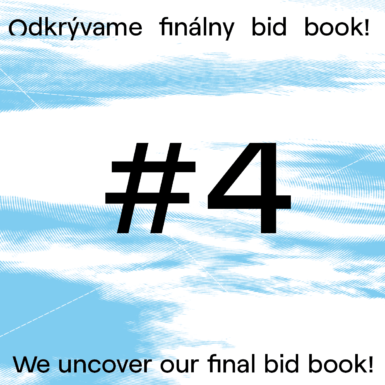
 05/12/2021
05/12/2021